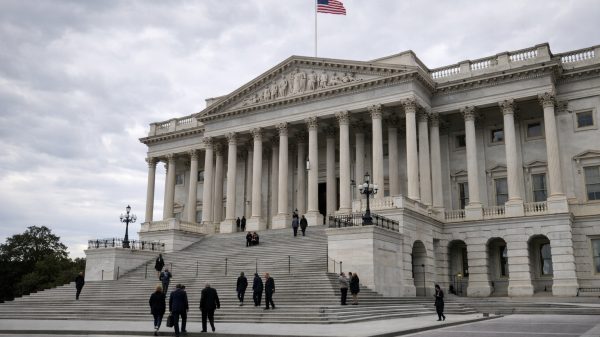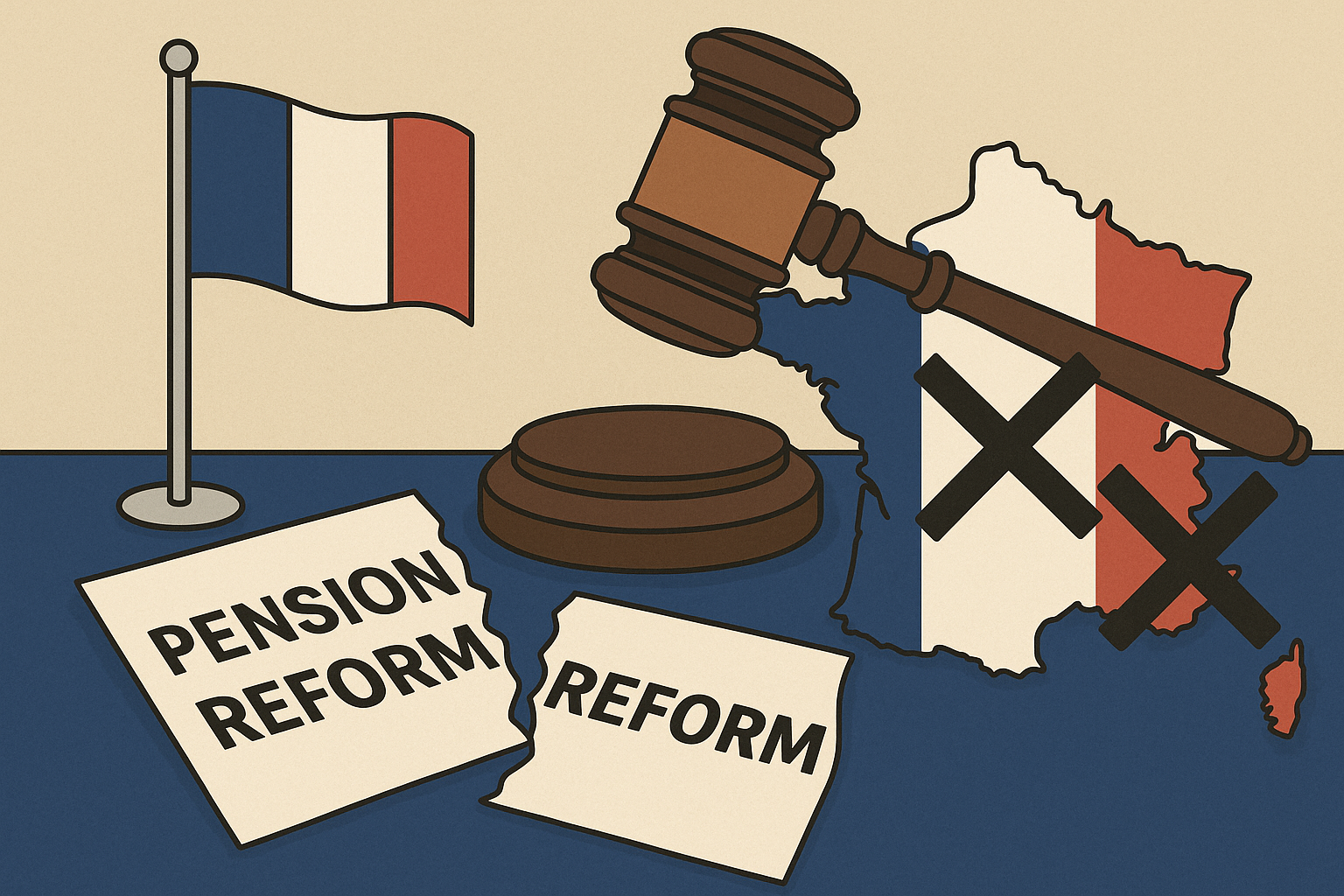French Prime Minister Sebastien Lecornu narrowly avoided a political crisis on Thursday after surviving two no-confidence votes in the National Assembly.
His survival followed the announcement of a plan to suspend a controversial 2023 pension reform that raised the minimum retirement age from 62 to 64.
The move eased immediate tensions in parliament, winning temporary backing from Socialist lawmakers and helping avert snap elections that could have destabilised President Emmanuel Macron’s government and rattled financial markets.
Political reprieve but fiscal uncertainty deepens
The first no-confidence motion, introduced by the far-left France Unbowed, received 271 votes—short of the 289 required to oust Lecornu’s government.
A second motion from the far-right National Rally gained 144 votes, further confirming Lecornu’s hold on power.
The government’s decision to suspend the pension law, however, comes with a heavy price tag.
France’s finance ministry estimates the move will cost €400 million ($465 million) in 2025 and up to €1.8 billion by 2027.
The decision also weakens Macron’s economic reform agenda, which has been central to his pro-business platform since taking office.
Markets calm as political tension eases
Investor sentiment steadied after the twin votes.
France’s 10-year bond yield spread against Germany—an indicator of market confidence—remained stable at 78 basis points, down from over 89 basis points last week.
The CAC 40 Index gained 0.8%, outperforming most European peers.
Analysts noted that Lecornu’s ability to maintain a functioning government reassured investors about France’s fiscal stability, even as long-term deficit challenges persist.
Socialist support signals temporary truce
Socialist lawmakers proved decisive in blocking the motions, choosing to back Lecornu after he promised to halt implementation of the pension law.
However, party leaders clarified their support was conditional.
Socialist MP Boris Vallaud stated that the group had not committed to backing the upcoming budget, reflecting ongoing friction over welfare and pension payment freezes.
The Socialists’ strategic restraint prevents immediate political upheaval but sets the stage for complex negotiations over the budget.
Lecornu has ruled out invoking Article 49.3 of the French constitution—a mechanism used by previous minority governments to bypass parliamentary votes—meaning that future legislation will depend on coalition-building and compromise.
Macron faces a growing test of authority
While Lecornu’s survival provides short-term relief, it poses long-term challenges for Macron.
The pension reform was one of his flagship economic policies aimed at addressing France’s ageing population and fiscal deficit.
Its suspension not only weakens his domestic credibility but also forces a recalibration of France’s budgetary strategy.
Yet, as debates on spending cuts and social protections resume, Macron’s administration faces a volatile political landscape where every decision could trigger another confrontation.
The post French PM Lecornu survives twin no-confidence votes appeared first on Invezz
























